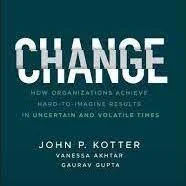(Highlights) DOUGLAS WOLK
/Author of NYTimes bestseller All of the Marvels, Eisner Award–winning Reading Comics
Host of the Voice of Latveria podcast
I like the idea that your actions in the world can be motivated by both idealism and realism about how to achieve those ideals. I like the idea that morality is not simple. There is this idea that there are the heroes and there's the villains and you can easily tell who's who, and that's not so true as it used to be in comics and that's meaningful. One thing that is interesting about the Marvel story is there’s basically nobody who's just a bad guy to be a bad guy. Everyone has their reasons. Almost everyone is capable of redemption in some way, even the worst of the worst are capable of tremendous heroism and tremendous idealism and genuinely wanting to heal the world make it a better place.






